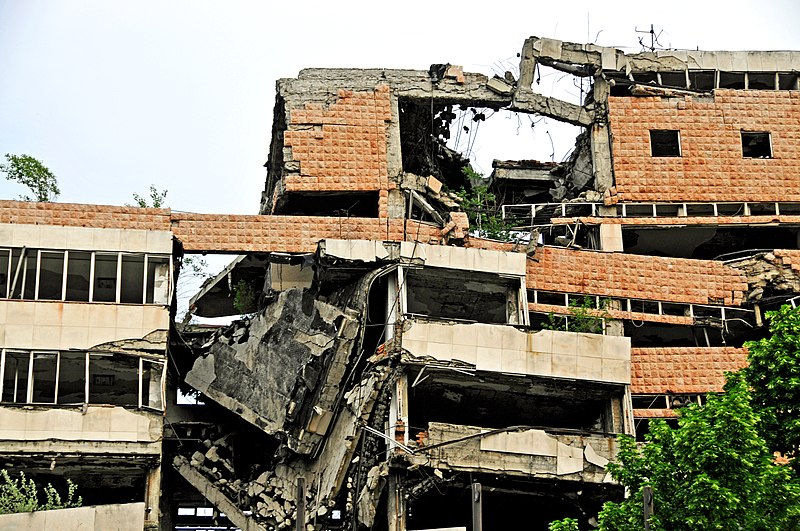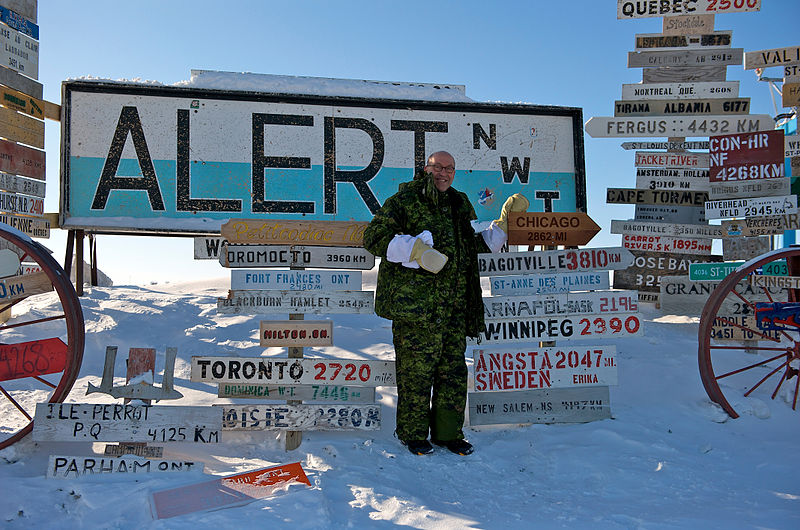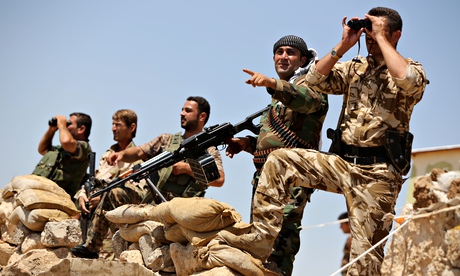Abstract
*This article presents a critical evaluation of Michael Ignatieff’s essay titled “Is Military Intervention Over Kosovo Justified?”, which features a written debate with Robert Skidelsky on NATO’s military involvement in the Kosovo War of 1998 through an exchange of letters. Ignatieff supports NATO’s intervention in Kosovo, while Skidelsky does not.
About the Authors: Differing Perspectives
Michael Ignatieff, known for his emphasis on human rights and democratic governance, supports NATO’s intervention as a means to address the grave humanitarian crisis in Kosovo. On the other hand, Robert Skidelsky, an eminent British economic historian, criticizes the intervention based on the principle of state sovereignty. While both acknowledge the existence of the humanitarian crisis, their arguments diverge when it comes to evaluating the legitimacy of military intervention.
NATO’s Intervention in Kosovo
An important development in the history of international relations was the military intervention in Kosovo by the North Atlantic Treaty Organization (NATO). In March 1999, NATO began an airstrike against Yugoslav military targets that lasted for 78 days, resulting in the withdrawal of Yugoslav forces from Kosovo and the installation of an interim United Nations (UN) government.
The Role of State Sovereignty
State sovereignty, the principle that states have exclusive control over their citizens, territories, and policies, forms the backdrop for Ignatieff and Skidelsky’s debate. While Kosovo is recognized as a sovereign state, Skidelsky argues that the actions of the UN and NATO in intervening challenge the notion of sovereignty, especially within a state’s borders.
Both authors acknowledge Kosovo’s sovereignty in matters of state policy. However, they diverge in their interpretations of how this principle should apply to the situation in Kosovo. Skidelsky criticizes the actions of the UN and NATO, pointing out what he perceives as hypocrisy in intervening in conflicts within a state’s borders while advocating for sanctions against acts of aggression. He challenges the notion that states have the freedom to do as they please within their borders, except for a few exceptions.
Skidelsy’s position is understandable given that, throughout history, countries have retained authority over powers delegated to international institutions. For instance, when examining the implementation of Chapter 7 enforcement measures by the United Nations Security Council (UNSC), we can see how permanent members of the UNSC maintain control over the decisions and actions taken. The Security Council, as an international institution, grants states the ability to influence the course and extent of its activities through active participation and leveraging their positions within the Council. This dynamic can be observed in instances where countries like Canada exercise their authority within the Security Council to determine the direction and scope of actions taken to address conflicts or maintain international peace and security.
However, Ignatieff counters Skidelsky’s stance by emphasizing the need to consider the delicate balance between state sovereignty and the responsibility to protect individuals. He highlights the widespread ethnic cleansing of Kosovar Albanians, who constitute a significant majority of the province’s population, as a compelling reason for intervention. While the sovereignty of Yugoslavia was considered, it weighed against the imperative to respect and safeguard the rights of individuals facing grave humanitarian crises.
The atrocities and violence inflicted upon the Kosovar population were undeniably gruesome. To quote former US President Bill Clinton, a prominent source:
“Were we to stand aside, the atrocities in Kosovo would go on and on. The Kosovar Albanians would become a people without a homeland, a burden to host countries, a magnet for radical ideologies, a breeding ground for unending warfare in the Balkans.”
Military Intervention: The Use of Force
Skidelsky argues that military force should only be employed in two specific cases: genocide or mass expulsion, and when human rights violations pose a threat to the peace and security of neighbouring states. The UN Charter allows for the sanctioning of state actors whose actions are deemed a “threat to peace,” considering the spillover effects of domestic policies. Again, Skidelsky also emphasizes the importance of achieving a “great power consensus” among institutions before resorting to the use of force. As an example, he points to the peace proposal put forth by NATO in Rambouillet, France, which aimed to grant significant autonomy to Kosovo within Serbia, with NATO troops ensuring compliance.
Skidelsky stresses the significance of this measure because NATO’s lack of coherent policies and decisive actions during the early years of the Yugoslav wars resulted in failures. Skidelsky asserts that NATO’s military intervention, conducted without the authorization of the UNSC, violated the international legal framework and the fundamental principles of sovereignty and non-intervention outlined in the UN Charter.
On the other hand, Ignatieff argues that humanitarian intervention is essential not only in Kosovo but also in other humanitarian crises. He believes that establishing an endorsement for humanitarian intervention in Kosovo earlier could have provided an early warning for preventive actions and peacebuilding, considering the escalating chaos in the region. While Ignatieff agrees with Skidelsky’s assertion that the UN Security Council’s veto system has hindered necessary interventions, he disagrees with Skidelsky regarding the conditions that justify military intervention. Skidelsky emphasizes mass expulsion and genocide as the sole triggers for military intervention.
Ignatieff counters Skidelsky’s position by highlighting that torture and rape are also crucial factors constituting war crimes and crimes against humanity. The UN’s definitions of human security and humanitarianism support Ignatieff’s argument by classifying various atrocities, such as murder, extermination, enslavement, deportation, torture, imprisonment, and sexual violence, as crimes against humanity. Ignatieff contends that focusing only on mass expulsion and genocide overlooks the experiences of victims of war crimes. He emphasizes that even seemingly smaller-scale issues like sexual violence, enslavement, and imprisonment can have a significant impact on an individual’s life and cause immense distress.
Conclusion and Discussion
Therefore, the NATO military intervention in Kosovo in 1999 became necessary to address the escalating humanitarian crisis. Ignatieff supports the justification for intervention, while Skidelsky disagrees. It is important to note that Skidelsky does not deny the existence of a humanitarian crisis in Kosovo. However, his argument centers on the legality and prudence of NATO’s military intervention without UN authorization, rather than the question of whether genocide occurred or not. Skidelsky’s perspective focuses on the principle of national sovereignty and the international rules that govern it.
Photo: “NATO Damage” (2012), by Dennis Jarvis, via Wikimedia Commons. Licensed under CC BY-SA 2.0.
Disclaimer: Any views or opinions expressed in articles are solely those of the authors and do not necessarily represent the views of the NATO Association of Canada.




